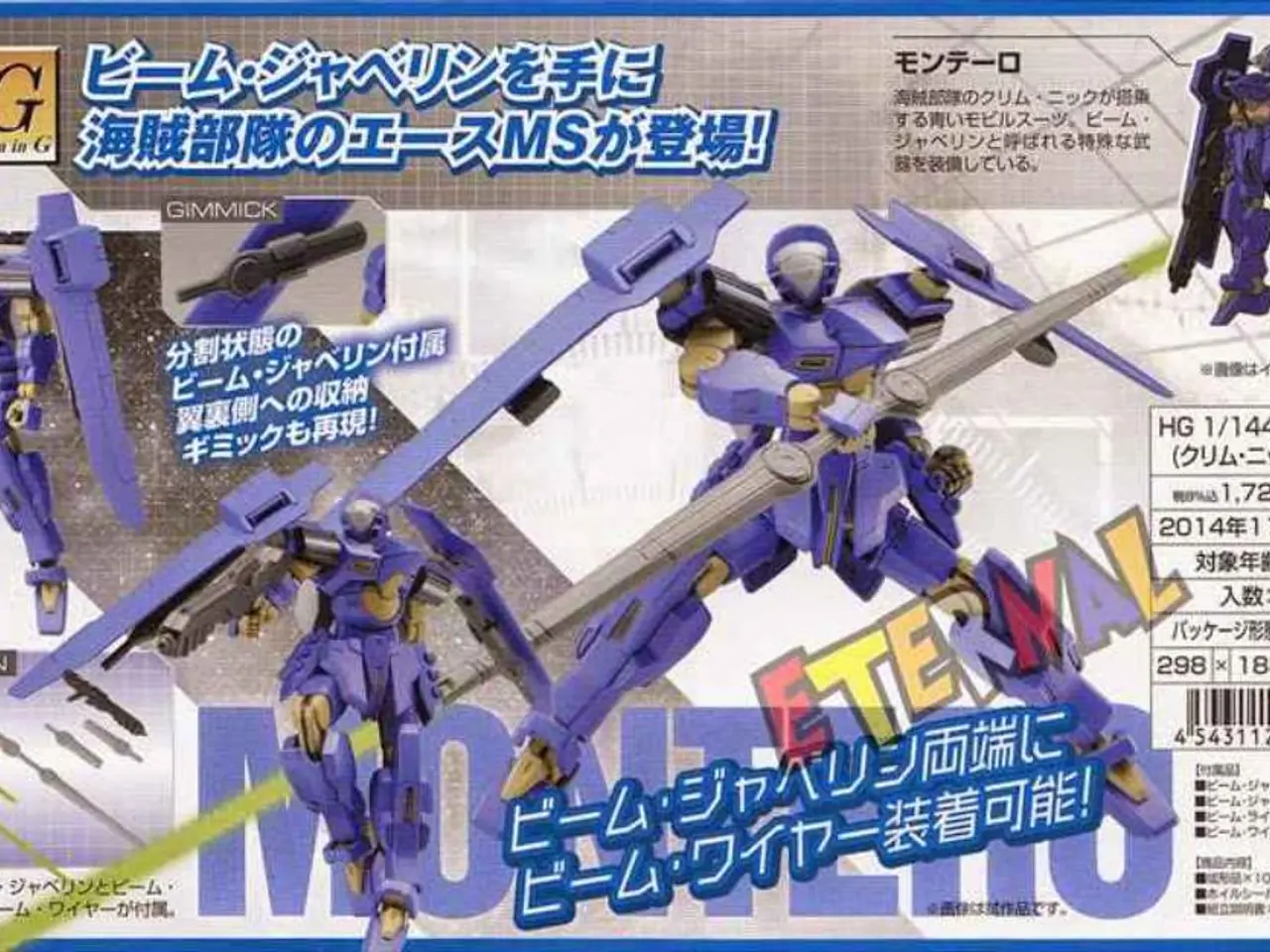Assessment of Hotel Service Automated Machines by Customers
In the ever-evolving landscape of the hospitality industry, the adoption of hotel service robots has become a topic of great interest. A series of studies have been conducted to understand consumer responses and intentions towards these technological innovations.
The key factors influencing consumer intention to adopt hotel service robots are multifaceted, encompassing various aspects of human-robot interaction and service experience.
- Human-Robot Interaction Quality
Research highlights that the perceived ability to co-create value with robots and the overall interaction experience significantly impact consumer willingness to engage with service robots. Successful robot-mediated experiences rely on customers being able to co-create value during interactions [5].
- Personalization and Service Enhancement
Hospitality robots enhancing personalized services, such as making tailored restaurant recommendations or facilitating smoother check-ins, improve guest acceptance and adoption [4].
- Operational Integration and Staff Engagement
Hotels that plan and implement robotic process automation (RPA) carefully, attending to cross-department collaboration, staff engagement, and continuous monitoring, can increase the success and acceptance of robotic services [1][3].
- Convenience and Efficiency
Technologies that reduce friction in hotel processes, like contactless check-in and predictive maintenance to avoid disruptions, support positive guest acceptance [2].
To delve deeper into consumer responses, biometric research was conducted. The emotional response during interactions with service robots like NAO was measured using Galvanic Skin Response (GSR). Studies aimed to understand consumer responses to hotel service robots, with findings suggesting that consumer intention to adopt hotel service robots is influenced by anthropomorphism, perceived intelligence, and perceived security [1][2][5].
The studies used an online survey and a laboratory experiment using measurements of automatic emotional reactions via biosensors. The Godspeed scale was found to be an effective tool for assessing the perceived intelligence of robots like Relay. The results showed that emotional peaks during sequences of interactions with NAO were observed, and fixation on NAO's face was noted, indicating anthropomorphism [2][5].
The studies concluded with implications for the hospitality industry regarding consumer responses to hotel service robots. For instance, it was found that differences between robots like NAO and Relay exist, with NAO's adoption depending on anthropomorphism and perceived security, while Relay's on perceived intelligence and the importance of service operation in hotel experiences [2][5].
In summary, these findings frame consumer intention to adopt hotel service robots within a holistic human-robot interaction and service experience context. As the hospitality industry continues to evolve, understanding these factors will be crucial in shaping the future of service robot adoption.
Artificial Intelligence plays a crucial role in enhancing the quality of human-robot interaction, as the perceived ability of robots to co-create value and provide overall satisfactory interaction experiences significantly impacts consumer willingness to engage with service robots.
Furthermore, the implementation of AI in hotel service robots, such as personalizing services or facilitating seamless check-ins, improves guest acceptance and adoption, thereby contributing to the success of these technological innovations in the hospitality industry.




